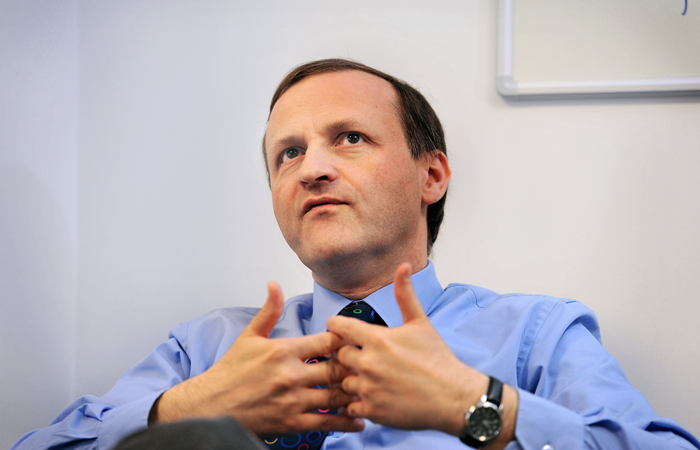A report for Royal London penned by Webb shows that for someone earnings £20,000 a year, the combined effect of an increase in pay of 2.4 per cent and an increase in tax and NIC thresholds will more than offset the increase in pension contributions, leaving them £323.37 a week take-home pay in April 2018, compared to £321.54 previously.
The national living wage, which covers more than two million of the lowest-paid workers in Britain, will be increased by 4.4 per cent in April, meaning, the lowest paid workers, who might be thought to be most likely to opt out when contribution rates rise, will be guaranteed an even bigger increase in take-home pay after factoring in the rise in pension contributions.
The paper also argues that even if there is an uptick in opt-outs following the April contribution increase, the process of re-enrolment could bring about half of those who had opted out back in three years’ time. The paper cites the Analytical report on the 2017 Automatic Enrolment review which found opt-out rates following re-enrolment are around 38 per cent for medium employers and 55 per cent for large employers.
|
April 2017 |
April 2018 |
|
|
Gross Pay |
£20,000 |
£20,480 |
|
Minus income tax |
-£1,700 |
-£1,726 |
|
Minus NICs |
-£1,420 |
-£1,447 |
|
Minus pension contributions |
-£160 |
-£492 |
|
Take-home Pay (pa) |
£16,720 |
£16,815 |
|
Take-home Pay (pw) |
£321.54 |
£323.37 |
Webb argues that a pension contribution increase of 2 per cent for workers equates to 1.6 per cent after tax relief, meaning even pay rises below the rate of inflation could still more than offset the increase in pension contributions, especially where workers are only contributing over qualifying earnings.
The report also cites evidence from the US that suggests that when contributions into 401(k) workplace pension schemes were gradually increased by a few percentage points from low single digit rates, opt- out rates were very low, and the same is likely to happen in the UK.
Royal London director of policy Steve Webb says: “The power of inertia remains strong – individuals will still have to actively opt out and the additional amounts they are being asked to contribute are still relatively modest, especially for the lowest paid workers who will be receiving a large increase through the national living wage. Evidence from the US suggests that when contributions into workplace pension schemes were gradually increased by a few percentage points from low single digit rates, opt-out rates were very low, and the same is likely to happen in the UK.
“We believe that relatively modest increases in contributions, combined with pay rises, especially for the low-paid, are unlikely to fatally undermine the success of automatic enrolment. The real focus should already be on how to get savers beyond the 8% minimum level that they will reach in 2019 and up to more realistic levels.”
